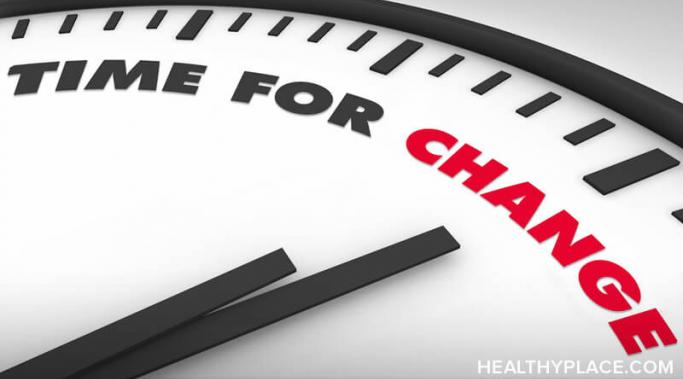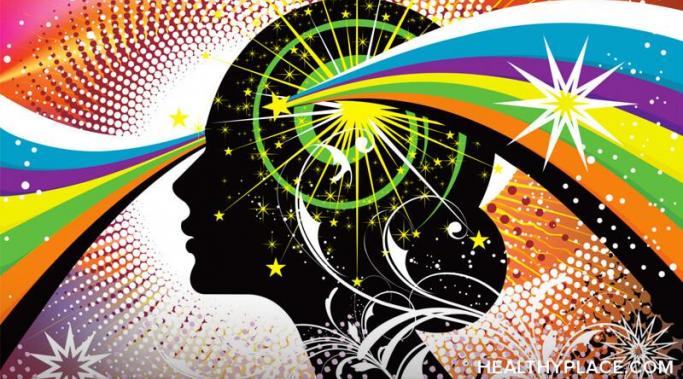Gambling addiction is fueled, in part, by the advertising and marketing that pushes that product. The gambling industry continues to experience remarkable growth year on year, partly due to the proliferation of online gambling and also due to marketing and advertising efforts. Gambling advertising and marketing shape consumer behavior, but where does the line lie when it comes to navigating responsible practices?a
Recovery Issues
Admitting that I miss my manic symptoms has been difficult. A large part of my mental illness recovery has been fueled by the desire to get better. I continuously work towards recovery, but I still face guilt when I find myself missing the symptoms experienced from my manic episodes as someone with bipolar disorder.
Did you know there are warning signs of a setback in mental illness recovery? This is important to know because recovering from mental illness is not linear. I've heard that often and for a good reason. It's true; recovery is far from linear. I've faced many obstacles, bumps, and slow-downs in my own journey, and often, I didn't realize that I had begun slipping until I was already in a tough spot. It's easier to catch myself slipping and then change directions than to find myself in these slumps, so I've found it helpful to identify my own warning signs of a setback in mental health recovery.
I think about diagnosis a lot—mostly because I live with undiagnosed mental illnesses. Even as a child, I never received any diagnosis for the struggles I faced, and, as an adult, all my diagnoses are self-diagnosed. I know there’s a lot of stigma attached to self-diagnosis, but I want to discuss self-diagnosis, being undiagnosed with mental illness, and their roles in recovery.
If the title didn’t give it away, I’m a millennial, and mental health is important to me. In the same way millennials are a generation within a space of pre- and growing technology, I see us as existing in the space of pre- and growing mental health conversations. I’ve been thinking about what that looks like and what that means.
"Everything happens for a reason" is a popular trope in the world of mental health recovery, but personally, I believe it's a lie, and here's why.
No matter how much coffee I drink, I am exhausted all the time, and it's because of my mental illness. Recovery is hard, but sometimes it's not even about recovery, it's just about getting through the day, and that's where I'm at right now. I have to fight to do anything; even getting dressed in the morning is a battle. As I sit typing this, my hands feel heavy, and with every breath, I want to quit and go back to bed.
I know it might sound odd, but sometimes I miss being sick. I've gotten so much better over the past few months, and there is a small part of me that misses being sick, and I'm willing to bet I'm not the only one who's ever felt this way. So, let's talk about it.
I learned the hard way that mental health recovery burnout is a real thing. It turns out, recovery isn't something you can work tirelessly toward and eventually achieve, like an award. Instead, it's more like something you slowly chip away at until one day you realize the work is a lot easier than it used to be. But recovery is never really over or complete, at least not in my case, which means working frantically to recover will only lead to one thing: burnout.
Impulsivity is a symptom of many mental illnesses, from borderline personality disorder (BPD) to attention-deficit/hyperactivity disorder (ADHD) and more. Unlike other symptoms, such as anxiety or apathy, impulsivity is still highly stigmatized and is often portrayed as being immature or careless rather than being a symptom of mental illness. Although impulsivity can definitely cause issues in your life, I would also argue that there are some hidden benefits of impulsivity.









